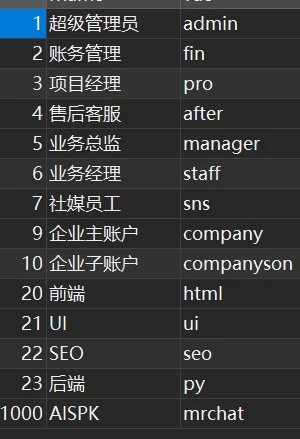



swimming pool water treatment methods
Swimming Pool Water Treatment Methods
Maintaining clean and safe water in swimming pools is essential for health and enjoyment. Pools can be breeding grounds for harmful microorganisms if not treated properly, leading to waterborne diseases. Fortunately, several effective water treatment methods ensure that pool water remains clear, sanitized, and safe for swimmers. This article discusses the most common swimming pool water treatment methods, highlighting their pros and cons.
Chemical Treatments
Chemical treatments are the most widely used methods for maintaining pool water quality. The core substances involved include chlorine, bromine, and pH balancers.
Chlorine Chlorine is a powerful disinfectant that kills bacteria, viruses, and algae. It is available in various forms liquid, granules, and tablets. Chlorine levels in pool water should be maintained between 1-3 parts per million (ppm) for optimal disinfection. While effective, chlorine can have downsides, such as producing irritating chloramines when combined with organic matter. These compounds are often responsible for the characteristic swimming pool smell and can cause skin and eye irritation.
Bromine An alternative to chlorine, bromine is less irritating and remains effective at higher temperatures, making it suitable for heated pools and spas. However, bromine is generally more expensive than chlorine and requires regular monitoring and adjustment to maintain appropriate levels.
pH Balancers Maintaining the proper pH level (between 7.2 and 7.8) is crucial for effective sanitation and swimmer comfort. Low pH can cause irritation, while high pH can lead to ineffective chlorine disinfection. Products like sodium carbonate (soda ash) and sodium bisulfate (dry acid) are commonly used to adjust pH levels.
Physical Treatments
Physical methods involve the use of equipment and processes to clean pool water and maintain clarity.
swimming pool water treatment methods

Filtration Systems Pool filtration systems are essential for removing debris and particles from the water. Common types include
- Sand Filters These systems use sand as a filtration medium. Water passes through the sand, which traps dirt and debris. Sand filters are easy to maintain and effective, but they need to be backwashed regularly.
- Diatomaceous Earth (DE) Filters DE filters provide superior filtration compared to sand filters. They use diatomaceous earth, a natural substance, to trap smaller particles. However, they require more maintenance and are generally more expensive.
- Cartridge Filters Cartridge filters are user-friendly and efficient, using replaceable elements to capture dirt. They require less water for backwashing but need to be cleaned more frequently.
UV and Ozone Systems Ultraviolet (UV) treatment and ozone systems are advanced methods that minimize reliance on chemicals. UV systems use UV light to kill microorganisms, while ozone systems generate ozone gas that disinfects and oxidizes pollutants. Both systems can significantly reduce the amount of chlorine needed but are often used in conjunction with traditional chemical treatments for optimal results.
Saltwater Systems
Saltwater pools utilize a salt chlorine generator to produce chlorine from dissolved salt. This method offers several advantages, including softer water that is less irritating to skin and eyes. Moreover, saltwater pools require lower levels of chlorine, providing a more pleasant swimming experience. However, the initial setup cost for a saltwater pool can be higher than traditional chlorine pools, and regular maintenance is required to ensure proper salt levels.
Conclusion
Effective swimming pool water treatment is crucial for ensuring safe and enjoyable swimming experiences. Whether utilizing chemical, physical, or alternative methods, it is vital to monitor water quality regularly to maintain balance and safety. Each treatment method has its distinct advantages and drawbacks, making it essential for pool owners to assess their needs, usage patterns, and budgets before deciding on a suitable water treatment system. By understanding these methods, swimmers and pool owners can enjoy crystal-clear water that promotes health and fun in the sun.
-
Why Sodium Persulfate Is Everywhere NowNewsJul.07,2025
-
Why Polyacrylamide Is in High DemandNewsJul.07,2025
-
Understanding Paint Chemicals and Their ApplicationsNewsJul.07,2025
-
Smart Use Of Mining ChemicalsNewsJul.07,2025
-
Practical Uses of Potassium MonopersulfateNewsJul.07,2025
-
Agrochemicals In Real FarmingNewsJul.07,2025
-
Sodium Chlorite Hot UsesNewsJul.01,2025










